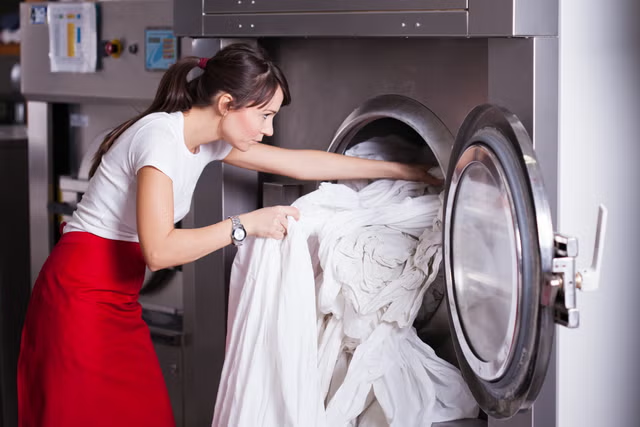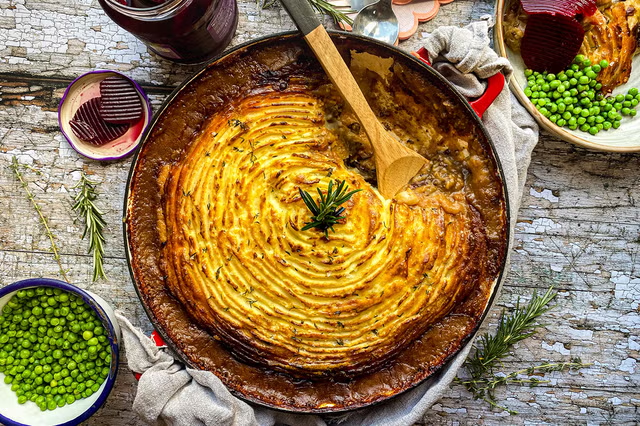A new survey has revealed that the majority of Americans believe that tipping should be optional.
The survey, conducted from September 20 to 23, 2024 by Talker Research, sampled 1,000 Americans across various age groups and found that 73 percent of respondents prefer tipping to be optional, with only 22 percent believing it should be mandatory.
While most people were against the idea of mandatory tipping, there was some generational difference. Gen Z and Millennials were more likely to support mandatory tipping, with 29 percent and 30 percent respectively favoring the idea. But older generations, like Boomers and the Silent Generation, were more likely to support the idea of tipping being optional, with 82 and 86 percent.
Mary King is a former restaurant manager and the editor of restaurant business advice site, The Restaurant HQ. She told Newsweek that tipping culture in the U.S. is complex: "Unraveling tip culture will be much more complicated than most people imagine. In survey after survey, the majority of tipped workers prefer tip-based models over alternatives, making any shift away from tipping a challenge."
King also explained that tipping is often still important to workers in the industry. "Tipped workers typically work irregular hours and are expected to be available when the business is busy, but that doesn't always mean full-time hours. It's important to remember that when we talk about tipping, we're talking about people trying to make a living in unpredictable conditions," she said.
The survey's findings reflect a broader conversation about tipping culture in the United States, which dates back to the mid-19th century. Tipping was introduced to the U.S. by wealthy Americans returning from Europe, where tipping servants was seen as a sign of sophistication.
The practice became more common in the Reconstruction era following the Civil War, especially in the hospitality industry, where newly freed slaves were hired at low wages and relied heavily on tips to make a living.
In 1938, the Fair Labor Standards Act established a minimum wage, but it excluded tipped workers from its provisions. By 1966, a separate, much lower minimum wage for tipped workers was introduced, a policy that persists today.
Author and etiquette expert Richie Frieman, aka The Modern Manners Guy, said that while tipping is important for jobs like waitstaff and hotel staff, where service quality is a major factor, the practice has expanded into new areas post-COVID, often creating awkward situations for consumers.
"Tipping—on anything—is a credit to work done and up to the consumer's judgment. However, now tipping has become a practice of guilt rather than a sign of gratitude," Frieman told Newsweek. "Suddenly, Starbucks cashiers required a tip, or take-out for pizza asked for a tip, fast food establishments made it required, you name it. All of which never happened—or were not as expected—prior to COVID."
Currently, the federal minimum wage for tipped workers is $2.13 per hour, with tips expected to cover the difference up to the standard minimum wage. However, only seven states—Alaska, California, Minnesota, Montana, Nevada, Oregon, and Washington—require employers to pay tipped workers the full state minimum wage before tips.
This random double-opt-in survey was conducted by market research company Talker Research, whose team members are members of the Market Research Society (MRS) and the European Society for Opinion and Marketing Research (ESOMAR).
Disclaimer: The copyright of this article belongs to the original author. Reposting this article is solely for the purpose of information dissemination and does not constitute any investment advice. If there is any infringement, please contact us immediately. We will make corrections or deletions as necessary. Thank you.



